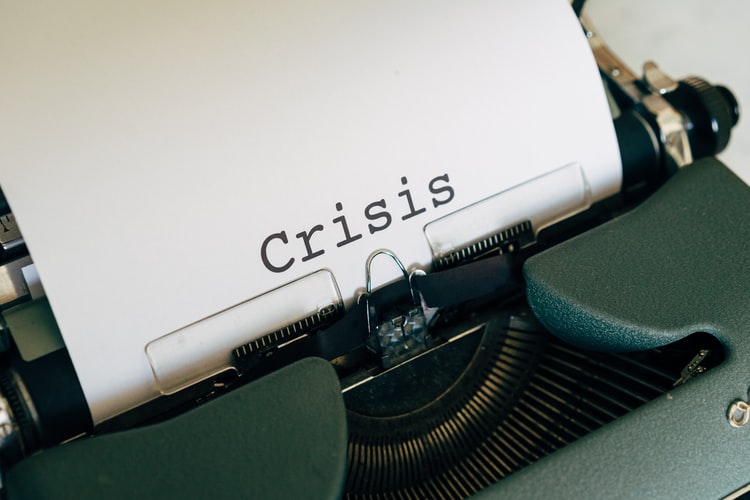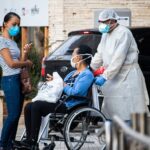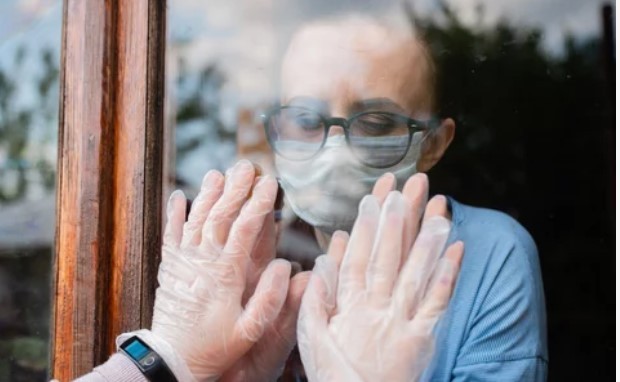COVID-19 disease has completely disrupted the world, and brought a new world order. It continues to play cat and mouse with different variants and waves affecting countries and their economy.
Countries and their Governments are urging millions to stay home, closing nonessential businesses and placing its population under what one media called “house arrest”, voices of disquiet over the economic cost of such measures grew louder, even as public health experts warned that relaxing restrictions could significantly increase the death toll.
Public Health organizations and ministries from around the world including the WHO continuously releases guidelines for all world citizens to keep their distance, President Trump once said it is time to consider a more targeted approach.
Life is fragile and economies are fragile,” President of america once said
Millions have already lost their jobs and the foundations of the global economy have been shaken. Mortgage markets showed signs ofcrumbling, companies struggled to sell debt and stresses plagued the entire financial system.
5 negative effects of covid-19
Because, no one is immune to this unknown yet it is a very destructive virus

But it is a virus that has never been seen in humans, so absolutely no one is immune to it. That added to the fact that it spreads as easily from person to person as influenza, and infects the upper respiratory system, is what makes it so dangerous. Plus there is no vaccine.
A study that showed the impact of COVID-19 in our life. It explains how it impacts our behavioral changes,
The COVID-19 pandemic has led to a dramatic loss of human life worldwide and presents an unprecedented challenge to public health, food systems and the world of work. The economic and social disruption caused by the pandemic is devastating: tens of millions of people are at risk of falling into extreme poverty, while the number of undernourished people, currently estimated at nearly 690 million, could increase by up to 132 million by the end of the year.
Millions of enterprises face an existential threat. Nearly half of the world’s 3.3 billion global workforce are at risk of losing their livelihoods. Informal economy workers are particularly vulnerable because the majority lack social protection and access to quality health care and have lost access to productive assets. Without the means to earn an income during lockdowns, many are unable to feed themselves and their families. For most, no income means no food, or, at best, less food and less nutritious food.
Because the COVID-19 virus is found in the upper airway — including the mouth and nose — the infection can be spread through coughs, sneezes, huffing and puffing, and likely even loud talking, according to Forthal.
Moreover, we are learning that infected people are unknowingly spreading the virus days before they begin to experience symptoms. Some may not experience symptoms at all.
Neither SARS nor MERS spread as easily or widely.
This new virus “is capable of causing very severe disease
Public health officials continued to warn of impending disaster in the absence of stronger restrictions on movement, saying the uncontrolled spread of the virus could overwhelm health care systems around the world.
According to the WHO The COVID-19 pandemic has led to a dramatic loss of human life worldwide and presents an unprecedented challenge to public health, food systems and the world of work. The economic and social disruption caused by the pandemic is devastating: tens of millions of people are at risk of falling into extreme poverty, while the number of undernourished people, currently estimated at nearly 690 million, could increase by up to 132 million by the end of the year.






